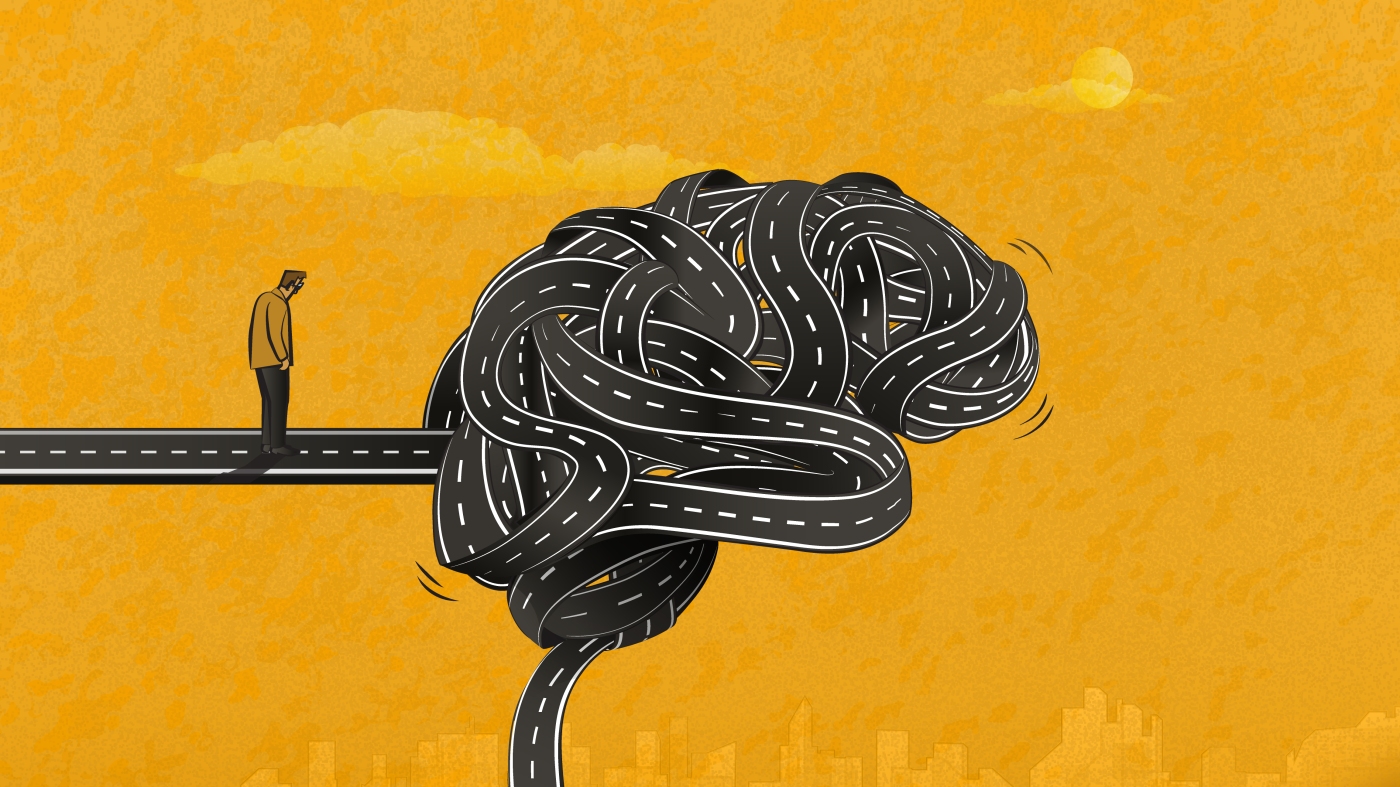Dietary supplements embody nutritional vitamins, minerals, herbs, and different substances meant to help, or complement, a balanced weight-reduction plan. Whereas they’ll supply a number of advantages, there’s such a factor as taking an excessive amount of or too many, which might result in a number of critical well being issues.
In truth, dietary complement problems might trigger 23,000 emergency room visits in the US annually, in line with some estimates.
Taking excessive doses of sure dietary supplements might alter how your physique absorbs prescription medicines. Use warning with dietary supplements if you’re presently taking any prescription medicines for the next well being situations, for instance:
Coronary heart illness: Vitamin Okay reduces the effectiveness of blood thinners, similar to Coumadin (warfarin). This may increase your danger of blood clotting, which can result in a coronary heart assault or stroke.
Most cancers: Nutritional vitamins C and E might work together with sure most cancers therapies. Keep away from taking any further dietary supplements with out discussing them together with your most cancers care crew.
Melancholy: Taking St. John’s wort can have an effect on how your physique processes antidepressant treatment or different medication, making them much less efficient in treating your signs. When mixed with antidepressants, St. John’s wort may enhance your danger of serotonin syndrome, a doubtlessly lethal situation when you have got an excessive amount of serotonin in your physique.
Vitamin toxicity can happen when extreme quantities of a vitamin construct up in your physique. This may occur while you take massive or frequent doses of nutritional vitamins or dietary supplements. Indicators of vitamin toxicity of frequent nutritional vitamins and minerals might embody:
Vitamin A: Irritability, fatigue, nausea, liver injuryCalcium: Nausea, vomiting, confusion, muscle weak point Vitamin D: Nausea, vomiting, constipation, weak point, hypertensionIron: Constipation, nausea, abdomen ache, ulcers Zinc: Nausea, vomiting, diarrhea, cramping, low blood stress, rash
Some dietary supplements might trigger uncomfortable digestive signs, similar to nausea, vomiting, diarrhea, or cramping. Taking excessive doses of the next dietary supplements might upset your abdomen:
Folic acidIronMagnesiumVitamin CZinc
Some medicines and dietary supplements might injury your kidneys. This pair of organs is accountable for filtering and excreting medication out of your physique. Taking too many dietary supplements or very excessive doses of sure dietary supplements, together with licorice root and St. John’s wort, might trigger injury. That is very true if you have already got kidney illness.
A 2016 research additionally discovered that taking an excessive amount of vitamin C might enhance the danger of kidney stones in some individuals.
Many adults can take their each day dietary supplements safely and with out critical well being problems. To make sure that your complement plan is secure, contemplate the next steps:
Speak together with your healthcare suppliers: Give your physician or pharmacist an entire record of your medicines, nutritional vitamins, and dietary supplements. They can assist you perceive your danger of any potential interactions. Doing so is particularly necessary earlier than surgical procedure or any medical procedures. Observe the dosage suggestions: Don’t exceed the advisable dosage for any of your medicines, nutritional vitamins, or dietary supplements. Monitor for negative effects: If you happen to expertise any undesirable well being adjustments after beginning a brand new complement, cease taking it and discuss together with your physician. Use warning throughout being pregnant: If you happen to’re pregnant or breastfeeding, it is necessary to not take any dietary supplements apart from a prenatal vitamin with out discussing them together with your physician first.
Support Greater and Subscribe to view content
This is premium stuff. Subscribe to read the entire article.

:max_bytes(150000):strip_icc()/Health-GettyImages-1299128256-69c20684c3b44a28b96b8d66cfa70ba4.jpg?w=750&resize=750,536&ssl=1)
:max_bytes(150000):strip_icc()/Health-GettyImages-1220484659-bfd95d8337314af0b133e815129537e1.jpg?ssl=1)

:max_bytes(150000):strip_icc()/Health-GettyImages-661852938-cb60e44dccba48c09088c175f195f85a.jpg?ssl=1)
:max_bytes(150000):strip_icc()/Health-GettyImages-157426812-8456a15f571a49ffb767b2112ae411b1.jpg?ssl=1)
:max_bytes(150000):strip_icc()/Health-GettyImages-1316188878-e9404e71373d4f478c3bd8c4c5d2f364.jpg?ssl=1)
:max_bytes(150000):strip_icc()/HDC-GettyImages-2167067674-a32b67000ab048669d13ac06250d5724.jpg?ssl=1)
:max_bytes(150000):strip_icc()/Health-GettyImages-1158202429-69d6c269022540d0b0508f1a532266a5.jpg?ssl=1)
:max_bytes(150000):strip_icc()/Health-GettyImages-461477671-623e4afe35f64514a6748e703bee07da.jpg?ssl=1)




